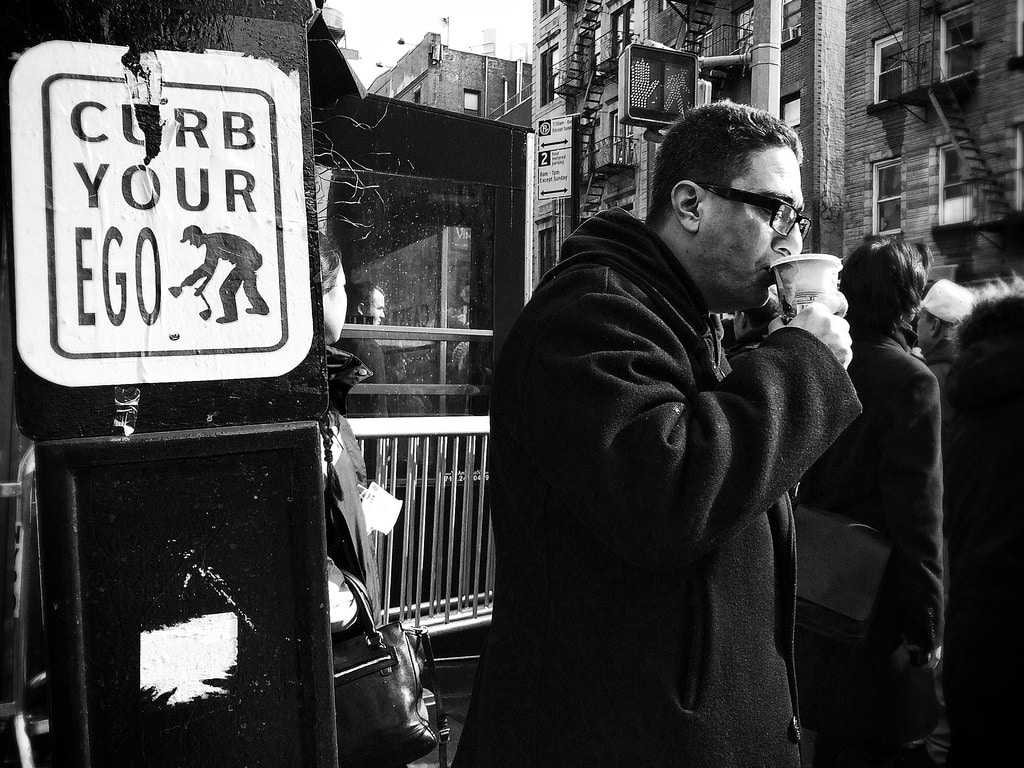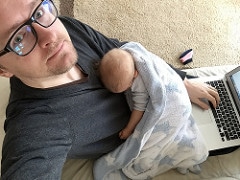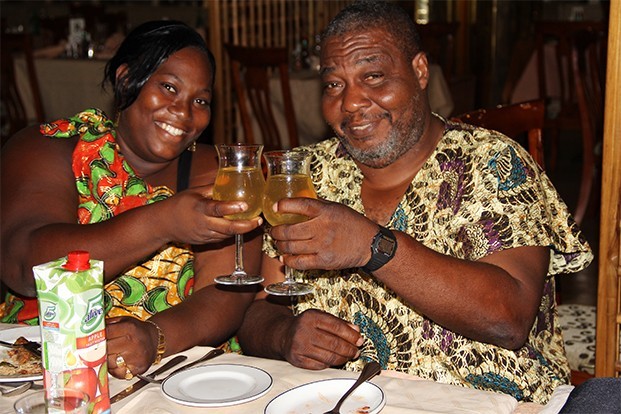In the previous post I said, “The power of a confused ego is underestimated.” This confusion can harm our relationships or serve as a doorway into deeper, richer, more intimate relationships.
In that article I was showing how the ego can mistakingly distort our view of other people, spiritual practices or life it- self. This distortion is a way the ego spins a situation to feel secure and in control. Even if it is a false sense of security and control.
A common example, I am going to blame you for a problem because I am actually afraid to admit, “I don’t know what to do” (do not feel in control). Alternately, “This situation scares me and I don’t know what to do. Would you want to talk about it?”
Helping with Relationships
Let’s look at various ways the ego or small self can avoid a lot of pain and suffering in relationships, especially emotionally intimate relationships.
There is one common thread that I see happening when I see people in couples’ therapy or when I see someone in individual therapy, with discussions about relatives: husband/wife, mother/father, parent/child and any emotionally intimate connection.
This common thread is paradoxical:
“How can I experience deep connection with another and not sacrifice my individuality but in fact enhance and ripen it.?”
“How can we be one and two?”
Usually we get out of balance one way or another. We love another and feel secretly resentful. This is the ego’s attempt to sacrifice individuality for closeness(oneness) but this eventually backfires because the anger and resentment builds. Then it blows.
The other imbalance is to stay distant(twoness) but secretly yearn for closeness. This is the ego’s confused attempt to stay safe by not being vulnerable. Both represent a confusion about how to have both.
For example, here is a common couples problem, gay or straight makes no difference. A women comes into my office because she cannot connect with her partner. He seems to avoid most requests for a deeper more meaningful relationship. She has been hurt and angry with him for years. He is not willing to go to counseling because “I don’t need it and we don’t need it, everything is fine.”
She loves him and does not want to leave him but at the same time a part of her does want to leave him. She struggles with what to do. She cannot stay and she cannot go.
The Grounds of Destruction and Growth
Given their different childhoods growing up, they perceive money, parenting, sex, play and work in different ways, even opposite ways and do not know what to do about it. These are five basic givens in life. They can be used as a battlefield or a place to be partners and use their individuality to work together. Two heads are better than one. Not two heads butting against each other to see who wins, that’s primitive.
As we go deeper into the situation, I hear how they are both trapped in the same struggle: “How to be partners and how to be individuals?”
Often, we try to work out these basic givens by arguing and distancing and then one person gives in to continue the oneness. This approach is “old school” and builds resentment on top of resentment. After awhile, this distancing and giving in creates a solid perception: “It is your fault for my unhappiness” or “Relationships are impossible, I give up”. We can make each other very unhappy by blaming and distancing ourselves. Therefore, each individual needs to take their part of the confusion.
For example, each person has a different point of view on these five givens because of how they were raised. But now, as adults in relationship, they can look at money or parenting as a team. “How are we going to do this?” instead of reacting from a childhood wound or thinking “my parents had the right way”. “What is our way?” Our way can be based on studying quality information and self reflection about any of these topics and any others that pertain to one’s specific relationship.
For example, studying some money management material, some parenting methods, different sexual views, and so forth. Then as a couple you have something more to work with besides archaic rigid beliefs and attitudes.
The good news is that this woman is in the office for relationship therapy and she wants to learn how to work through it. It then is not about staying or going but how to work with this fundamental dilemma that all couples need to deal with when stress is in the air.
Marital Relationship Advice
Respected, Seen and Loved
We need to be in relationships where we are respected, seen for who we are, and genuinely loved with some reasonable sense of consistency. If that isn’t happening we can agree to work toward that goal or move on to another relationship that will work toward that goal.
Therefore, this paradox of connection and independence can change to curiosity and study of what is happening with us as a couple and as individuals. We have more discussions and less fighting over “Who’s way is going to win?”
Even though we have a long way to go in our culture to refine couple’s relationships, there is hope. I see couples grow up and stop tormenting each other right before my eyes. This is the benefit of being a psychotherapist.
Ancient Wisdom in Today’s Relationships
This one and two paradox goes back a long ways. It is an ancient teaching on the nature of reality, it is now starting to be embodied by couples, parents, friendships, and adult children with their parents. This one and two paradox is ancient wisdom. It is can be seen through Alchemy, Taoism, Native Shamanism, Buddhism to name a few and now in psychology.
Therefore, the “relationship advice my ego does not want to hear” is that it is not in control. However, if it can relinquish this small control for some larger creativity and wisdom, the ego finds its place and the security needed.





